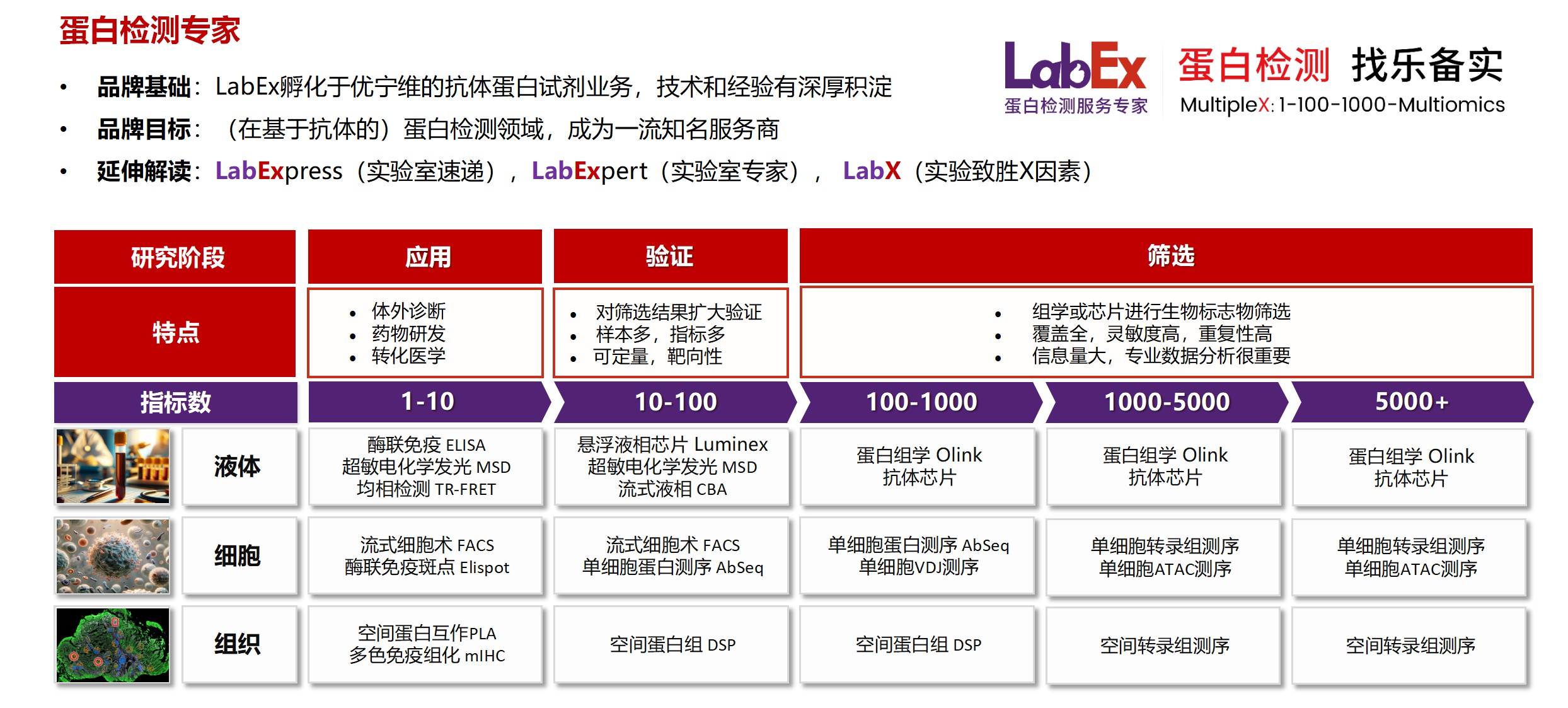Background:Rosmarinic acid (RosA) is a natural phenolic compound that possesses a wide-range of pharmacological properties. However, the effects of RosA on influenza A virus-mediated acute lung injury remain unknown. In this study, we aimed to explore whether RosA could protect against H1N1 virus-mediated lung injury and elucidate the underlying mechanisms.
Methods:Mice were intragastrically administered with RosA for 2 days before intranasal inoculation of the H1N1 virus (5LD50) for the establishment of an acute lung injury model. At day 7 post-infection (p.i.), gross anatomic lung pathology, lung histopathologic, and lung index (lung weight/body weight) were examined. Luminex assay, multiple immunofluorescence and flow cytometry were performed to detect the levels of pro-inflammatory cytokines and apoptosis, respectively. Western blotting and plasmid transfection with hematopoietic-type PGD2 synthase (h-PGDS) overexpression were conducted to elucidate the mechanisms.
Results:RosA effectively attenuated H1N1 virus-triggered deterioration of gross anatomical morphology, worsened lung histopathology, and elevated lung index. Excessive pro-inflammatory reactions, aberrant alveolar epithelial cell apoptosis, and cytotoxic CD8+ T lung recruitment in the lung tissues induced by H1N1 virus infection were observed to be reduced by RosA treatment. In vitro experiments demonstrated that RosA treatment dose-dependently suppressed the increased levels of pro-inflammatory mediators and apoptosis through inhibition of nuclear factor kappa B (NF-κB) and P38 MAPK signaling pathways in H1N1 virus-infected A549 cells, which was accompanied by promoting activation of the h-PGDS-PGD2-HO-1 signal axis. Furthermore, we strikingly found that h-PGDS inhibition significantly abrogated the inhibitory effects of RosA on H1N1 virus-mediated activation of NF-κB and P38 MAPK signaling pathways, resulting in diminishing the suppressive effects on the increased levels of pro-inflammatory cytokines and chemokines as well as apoptosis. Finally, suppressing h-PGDS prominently abolished the protective effects of RosA on H1N1 virus-mediated severe pneumonia and lung injury.
Conclusions:Taken together, our study demonstrates that RosA is a promising compound to alleviate H1N1 virus-induced severe lung injury through prompting the h-PGDS-PGD2-HO-1 signal axis.
Keywords:Apoptosis; H1N1 virus; HO-1; Inflammation; PGD2; Rosmarinic acid; h-PGDS.
Rosmarinic acid treatment protects against lethal H1N1 virus-mediated inflammation and lung injury by promoting activation of the h-PGDS-PGD2-HO-1 signal axis
乐备实(上海优宁维生物科技股份有限公司旗下全资子公司),是国内专注于提供高质量蛋白检测以及组学分析服务的实验服务专家,自2018年成立以来,乐备实不断寻求突破,公司的服务技术平台已扩展到单细胞测序、空间多组学、流式检测、超敏电化学发光、Luminex多因子检测、抗体芯片、PCR Array、ELISA、Elispot、PLA蛋白互作、多色免疫组化、DSP空间多组学等30多个,建立起了一套涵盖基因、蛋白、细胞以及组织水平实验的完整检测体系。
我们可提供从样本运输、储存管理、样本制备、样本检测到检测数据分析的全流程服务。凭借严格的实验室管理流程、标准化实验室操作、原始数据储存体系以及实验项目管理系统,已经为超过3000家客户单位提供服务,年检测样本超过100万,受到了广大客户的信任与支持。

声明:本篇文章在创作中部分采用了人工智能辅助。如有任何内容涉及版权或知识产权问题,敬请告知,我们承诺将在第一时间核实并撤下。
详见LabEx网站(
www.u-labex.com)或来电咨询!
基因水平:PCR Array、RT-PCR、PCR、单细胞测序
蛋白水平:MSD、Luminex、CBA、Elispot、Antibody Array、ELISA、Sengenics
细胞水平:细胞染色、细胞分选、细胞培养、细胞功能
组织水平:空间多组学、多重荧光免疫组化、免疫组化、免疫荧光
数据分析:流式数据分析、组化数据分析、多因子数据分析
基因水平:PCR Array、RT-PCR、PCR、单细胞测序
蛋白水平:MSD、Luminex、CBA、Elispot、Antibody Array、ELISA、Sengenics
细胞水平:细胞染色、细胞分选、细胞培养、细胞功能
组织水平:空间多组学、多重荧光免疫组化、免疫组化、免疫荧光
数据分析:流式数据分析、组化数据分析、多因子数据分析
联系电话:4001619919
联系邮箱:labex-mkt@u-labex.com
公众平台:蛋白检测服务专家
联系邮箱:labex-mkt@u-labex.com
公众平台:蛋白检测服务专家

上一篇
Small extracellular vesicles derived from human adipose-derived mesenchymal stromal cells cultured in a new chemically-defined contaminate-free media exhibit enhanced biological and therapeutic effects on human chondrocytes in vitro and in a mouse osteoarthritis model
下一篇
Alantolactone alleviates collagen-induced arthritis and inhibits Th17 cell differentiation through modulation of STAT3 signalling
本网站销售的所有产品及服务均不得用于人类或动物之临床诊断或治疗,仅可用于工业或者科研等非医疗目的。










 沪公网安备31011502400759号
沪公网安备31011502400759号
 营业执照(三证合一)
营业执照(三证合一)


